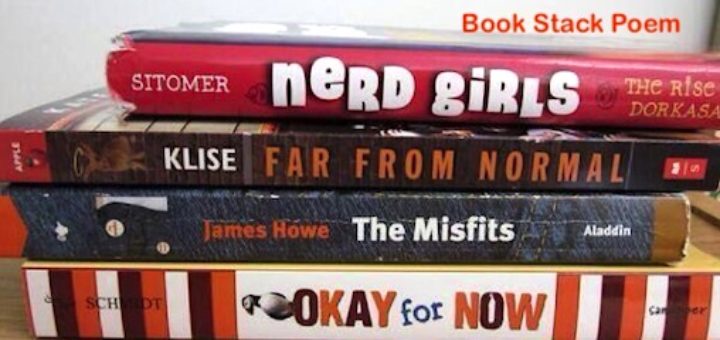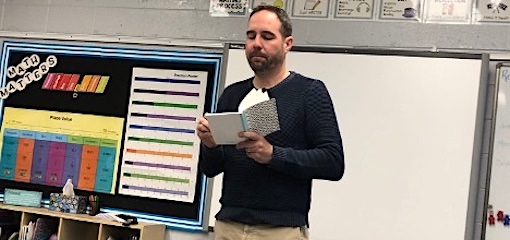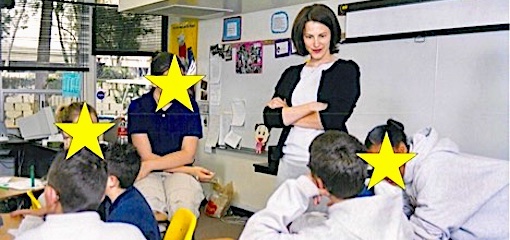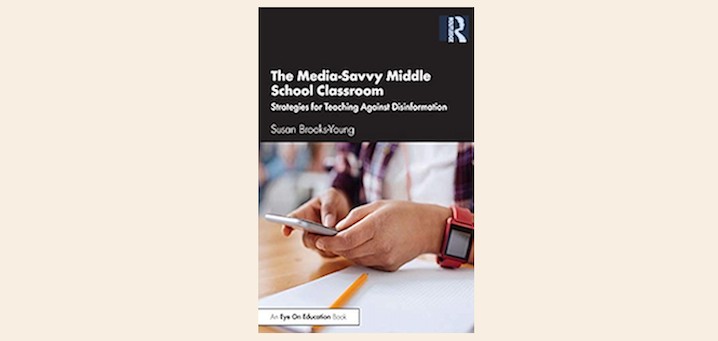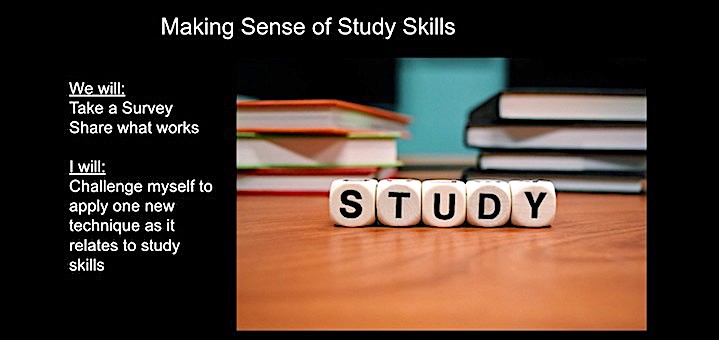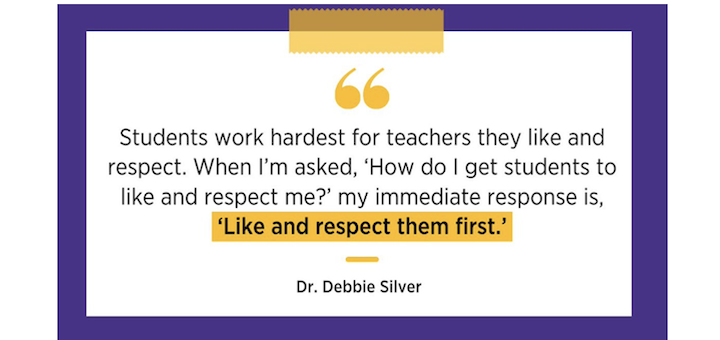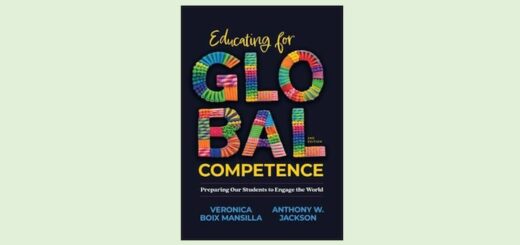Teaching and learning in grades 4-8
MiddleWeb is all about middle school & the middle grades — with a sharp focus on teaching and learning in grades 4-8. Click to learn about our work and what we have to offer, and find out how to get involved.
Watching a movie in class doesn’t have to be passive, says Jason DeHart. Teachers can engage students in a critical process of “reading” film and also responding as readers by creating video products. It’s time to broaden literacy education to meet students where they are.
Educator and author Regie Routman considers heart-centered principles that can help us go a long way to ensure that what we do and are asking our students and loved ones to do will result in personal and professional growth, gratitude, generosity, and even sparks of greatness.
After reading Co-Intelligence, Sarah Cooper is newly optimistic about the possibilities of AI in education – and trying to live more like a cyborg. Follow along as she inspects the author’s rules for co-intelligence, ways to personalize AI for educators, and how and if we might co-exist in the future.
National Poetry Month is here! If you’re once again rushing to pull together some poetry lessons – or perhaps feeling a bit guilty because you’ve put poetry aside in favor of more high-stakes ELA topics – take a look at these easy-to-use resources.
During this reading activity, partners think out loud, supported by active listening, to deepen their individual and shared understandings. Rather than reading without focus, this strategy teaches students to attend to their reading by stopping to “say something” at intervals.
Recognizing the gap between formal curriculum standards and the emotional and organizational hurdles of writing, Matt Renwick shares some of his ideas for student-centered strategies that acknowledge these challenges and equip students with tools they need to overcome them.
Stephanie Farley was a reluctant adventurer 30 years ago when she took a teaching job “until something better” came along. To her surprise, she discovered a career that has given her the gifts of meaning, mastery and connection – “a powerfully engaging, ever-evolving vocation.”
While making sure middle school students are media savvy is critical and the ideas in The Media-Savvy Middle School Classroom are supported by solid theory, educator Megan Balduf finds some lesson plans too esoteric for the middle school classroom and a packed ELA curriculum.
Academic success relies on students taking charge of their learning. To achieve that goal, kids must learn to organize and study effectively. G/T Facilitator Sharon Ratliff shares strategies she uses to introduce and implant essential study skills in the middle school years.
All students can learn how to pick up the pieces after they face adversity, disappointment, loss, or trauma and go on. They need our guidance to find healthy ways to move forward. Debbie Silver offers six strategies educators can use to create classrooms that foster resiliency.





